Classical music
In the first years of the Soviet Union, in the flush of the revolution and under the influence of the proletkult of Aleksandr Alexandrovich Bogdanov (1873-1928), the brother-in-law of People's Commissar Anatoly Vasilevich Lunacharsky (1875-1933), the classical music initially knew a wave of experiments, such as orchestras playing without a conductor. Under Joseph Stalin (1878-1953), however, the innovations in terms of content and form were drastically reduced, and Classicism was the norm to be followed.
The Union of Sovet Composers
The Союз композиторов СССР [Soyuz kompositorov SSSR] or the Union of Soviet Composers had to act as a regulator. The Union was established in pursuance of a resolution of the Communist Party on the Restructuring of literary and artistic organisations from April 23, 1932.
The Union became soon a powerful organisation having full control over performances of musical works, artistic organisations and networks, orchestras, ensembles, copyrights, concert halls, publishers, theaters, radio and television channels, cultural institutions, conservatories and other institutions and music stores. The Union controlled all of the music-related professions and negotiated the relationship between the music composers and the Party.
Sergey Prokofyev
One of the most famous composers in the Stalin period was undoubtedly Sergey Sergeevich Prokofyev (1891-1953). He is best known for the musical fairy tale Peter and the Wolf, which is still very popular among children worldwide.
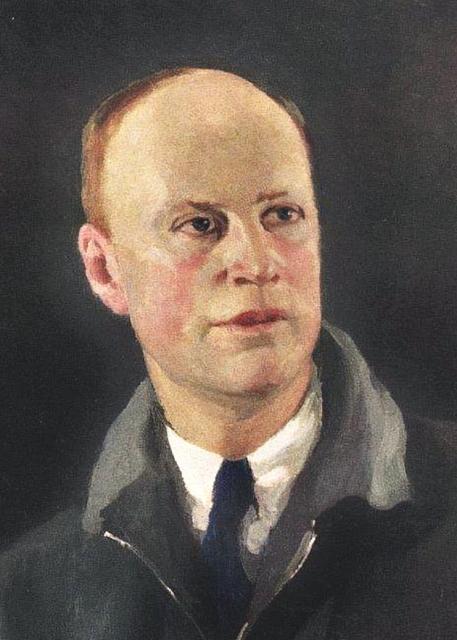
Sergey Sergeevich Prokofyev
Here you can listen to an excerpt of Peter and the Wolf by Sergey Sergeevich Prokofyev
Peter and the wolf
Shostakovich and Khachaturyan
Other influential composers were Dmitri Dmitrievich Shostakovich (1906-1975) and Aram Ilyich Khachaturyan(1903-1978). Their works were banned because of their so-called formalism, which meant that they were composed for the sake of the form and not to support the communist ideas. That is why saw themselves obliged to compose film music, for example, or to concentrate on writing melodies for массовые песни [massov pesni] or mass songs on texts of officially approved Soviet poets. Shostakovich, for example, contributed to the soundtrack of the famous movie Battleship Potemkin by director Sergey Mikhailovich Eisenstein (1898-1948) from 1925. His mass song Песня о встречном [Pesni o vstrechnom] or Song of the Counterplan was the title song of Встречный [Vstretsjni] or Counterplan, a film from 1932 by the directors Fridrikh Markovich Ermler (1898-1967) and Sergey Yossifovich Yuttkevich (1904-1985). That song became world famous when in 1935 under the title Allons au devant de la vie when it was sung as a battle song in the youth hostels and the tent camps of the French Front Populaire, the socialist movement which won the elections in France in 1936, and formed the government just before and right after World War II.
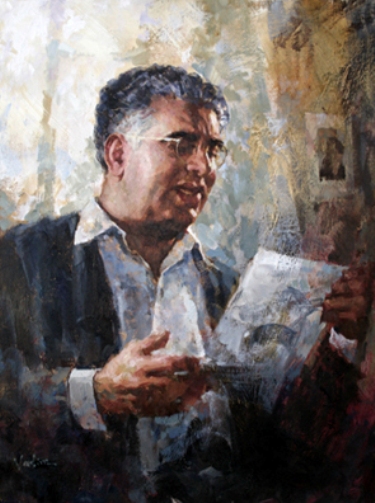
Aram Ilyich Khachaturyan
The relationship between the creative intelligentsia, the party bureaucracy and the elite of the Communist Party was complex, variable and often unpredictable, and it largely inhibited artistic expression in that time. The opera Lady Macbeth of the Mtsensk District by Dmitri Shostakovich, for example, had its premiere at the Maly Theatre in Leningrad on January 22, 1934. For two years the opera was staged with great success in the Soviet Union. In 1936 it came to an abrupt end though, when an anonymous newspaper article in the Pravda newspaper heavily criticized the work. The article was entitled Muddle Instead of Music, and some even attributed it to Joseph Stalin himself. From then on, the then leadership of the Soviet Union and the Union of Soviet Composers condemned the work as being too modern and decadent.
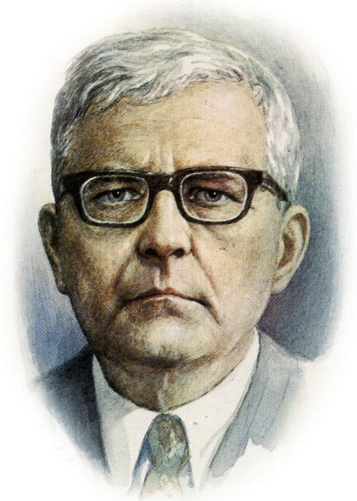
Dmitri Dmitriyevich Shostakovich
The Zhdanov doctrine
Some years after Bulgakov died, in 1946, Andrey Alexandrovich Zhdanov (1896-1948), issued the Zhdanov doctrine. The doctrine included that the world was divided into two camps, an imperialist one, led by the United States of America and a democratic one led by the Soviet Union. All countries had to choose sides, the neutral doctrine being impossible. The Zhdanov doctrine quickly changed into a cultural policy which meant that artists, musicians and writers had to work according to the ideas of the Communist Party of the Soviet Union.
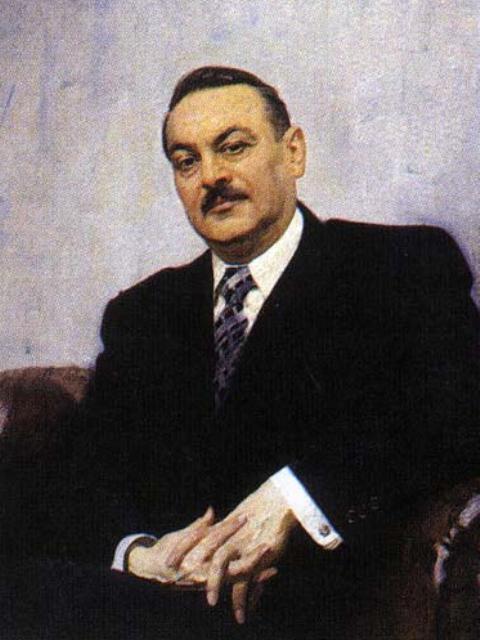
Andrey Alexandrovich Zhdanov
In 1948, Zhdanov completed his doctrine by writing a second resolution specifically focused on composers. The Union of Soviet Composers organised a special conference on which many composers were accused of bourgeois decadence and modernism, and on which they were urged to repent publicly. As a result, composer Aram Khachaturyan felt compelled to apologize publicly in the magazine Sovietskaya Muzika, and could prevent worse by doing so. However, the allegations must have touched him deeply: after Stalin's death he started to criticize openly the bureaucratic paternalism which, according to him, relegated the artistic creative process to the level of administrative decision making.
Alfred Schnittke
Although the authorities became less severe after Stalin's death, the works which were considered as avant-garde or Western were still regarded with the suspicion. A composer like Alfred Garrievich Schnittke (1934-1998), for example, saw many of his works banned and was not allowed to travel abroad. To make a living, he wrote over 70 soundtracks for movies. In 1990, after the fall of the Soviet Union, he settled in Hamburg. One of his latest creations before his death was the soundtrack for the movie Master i Margarita, directed by Yuri Kara in 1994, of which you can read more in the section Adaptations of this website.
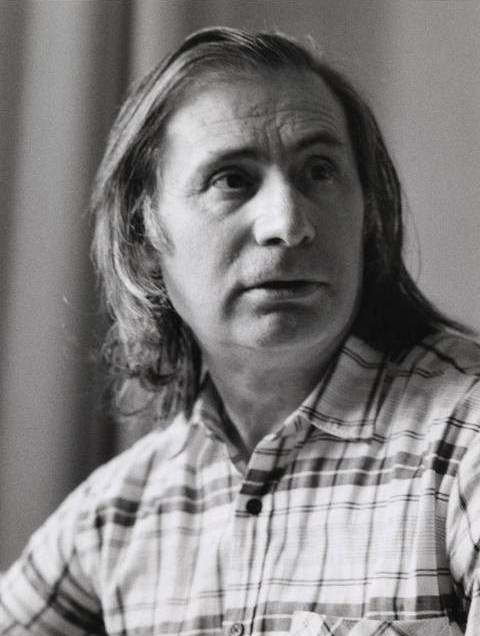
Alfred Garrievich Schnittke
You can read more on Alfred Schnittke and his soundtrack for Master i Margarita by clicking the arrow below.





